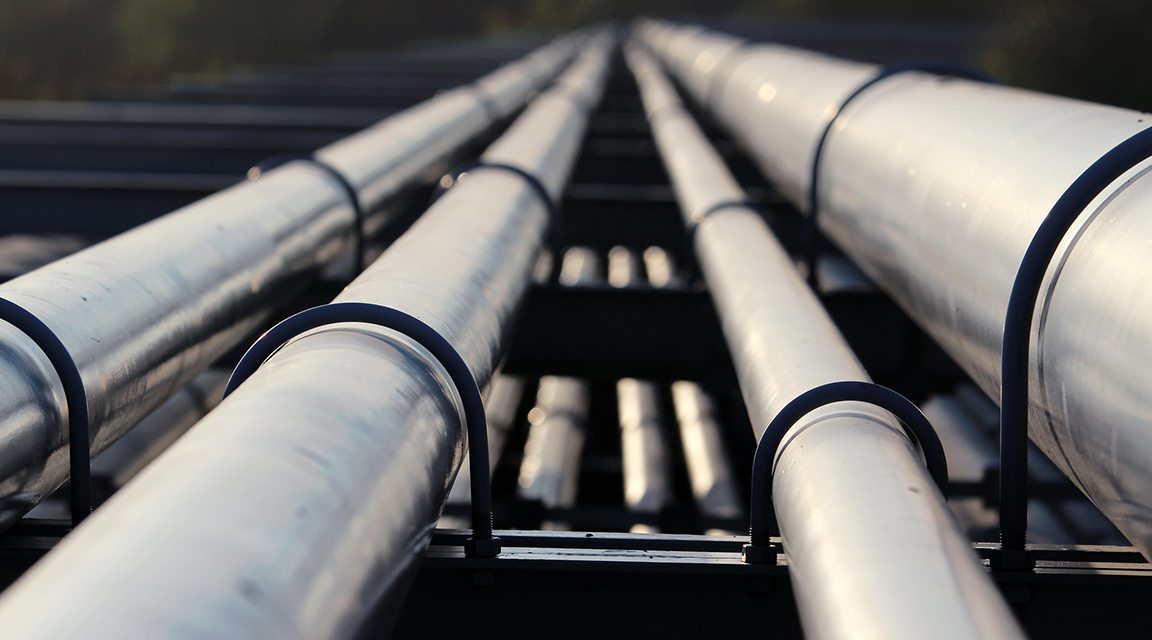

Iraq’s federal Ministry of Oil has reached an agreement to restart crude oil exports through the semi-autonomous Kurdistan Regional Government’s (KRG) independent pipeline to Turkey, a deal that could help end a long-standing dispute between the two governments.
The ministry, under the new leadership of Thamir Ghadban and Prime Minister Adel Abd al-Mahdi, announced the deal with the KRG on 16 November.
It covers the resumption of crude oil pipeline exports by state-owned North Oil Company (NOC) through the Kurd’s independent pipeline to the Turkish port of Ceyhan on the Mediterranean Sea for shipment.
Under the deal, the ministry’s State Oil Marketing Organisation will market around 50,000 to 100,000 barrels a day (b/d) of the crude. This comes from Bai Hassan and the Avana Dome, two reservoirs that form part of the giant Kirkuk oil field and can produce a total of about 300,000 b/d. Federal Iraqi forces re-took the fields, which had been captured by the KRG, last October.
Extra capacity
Until now, crude from the fields was only being used to supply the 140,000 b/d Daura refinery.
The exports previously ran from September 2016 to June 2017. Earlier in November, the KRG offered to export crude oil for NOC after completing work to upgrade its independent crude oil export pipeline, installing a new pumping station and boosting the pipeline’s total capacity by 10 per cent to 1 million b/d.
“This extra capacity will accommodate future production growth from KRG-producing fields and can also be used by the federal government to export the currently stranded oil in Kirkuk and surrounding areas,” the KRG said on 4 November.
Additional oil pipelines
The KRG built its own export pipeline infrastructure in 2013, in order to be less reliant on the federal government. Its exports stand at more than 400,000 b/d, much lower than the pipeline’s capacity.
Iraq officially produced more than 4.46 million b/d in September, with the majority from the southern oil fields. The oil ministry’s own federal Iraq-Turkey Pipeline (ITP) is now inoperable, having been destroyed by Islamic State militants.
Late last year, the oil ministry sought interest from international engineering companies for the construction of a new, 350-kilometre, 1 million b/d crude oil pipeline, to replace the old ITP.
The project was to include two major pumping stations, with 10 storage tanks along the route and another 12-inch gas pipeline to feed the power plants associated with the pump stations. The oil ministry proposed the use of a build-own-operate-transfer (BOOT) contract model for the project. However, the scheme is yet to proceed.
Work in progress
The deal is a sign of improving relations between the KRG and the new Iraqi government, which was formed earlier this month. There are still a number of issues to resolve between the two governments, however, such as revenue and budget allocations. Baghdad has allocated 12 per cent of its $65.3bn provisional budget for 2019, down sharply from the 17 per cent the region has received in previous years.
You might also like...

Contractors win Oman Etihad Rail packages
23 April 2024

Saudi market returns to growth
23 April 2024

Middle East contract awards: March 2024
23 April 2024

Swiss developer appoints Helvetia residences contractor
23 April 2024
A MEED Subscription...
Subscribe or upgrade your current MEED.com package to support your strategic planning with the MENA region’s best source of business information. Proceed to our online shop below to find out more about the features in each package.






